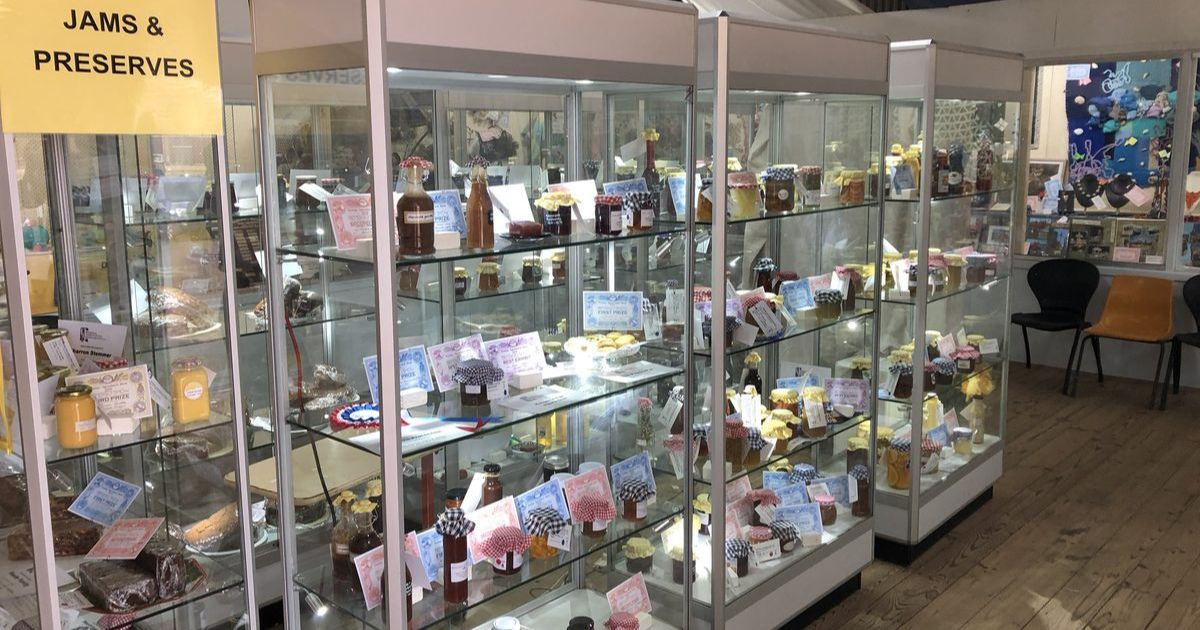From the desk of Roland Rocchiccioli – 25 December

Festive beginnings: The Saint Francis of Assisi Roman Catholic church of Roland’s childhood, and which smelt of dry-heat, red dust, and sandalwood incense burnt at Benediction. Photo: SUPPLIED
Christmas is that time of year when, around the world, Christians gather together in towering cathedrals and small parish churches, to celebrate the birth of the boy child in the manager 2000-years ago.
THE nativity is one of the two great celebrations in the Liturgical Calendar. It seems we never tire of hearing the story of the angels appearing to the shepherds in the field, and the star in east leading the three wise men to the stable in Bethlehem.
I’ve celebrated Christmas at St Basil’s in Moscow; St Peter’s in Rome – the greatest basilica in Christendom; Montmartre’s white domed basilica – Sacre Coeur, Paris; and St George’s Chapel at Windsor Castle.
However, for me Christmas started in the galvanised iron church of Saint Francis of Assisi in Gwalia – a shanty goldmining town – 147 miles north-east of Kalgoorlie, on the edge of the Great Victoria Desert. The Latin mass of the angels played by Lucy Tognali on the pedal organ, and sung by the immigrant Italian woman in the town, made a deep and lasting impression. For these women the mass provided a tangible link with all they had left behind when they came to make a new life in a country on the other side of the world, and in a landscape light-years removed from all they had known and loved – even the stars were different.
The population of Gwalia was 60 per cent Italian, 20 per cent Yugoslav and other Europeans, and 20 per cent what we called Britishers. At one time there were 28 nationalities working on the Sons of Gwalia goldmine. I grew-up with the sound of all those languages ringing in my ears. Eighty per cent of the town had its genesis in immigration.
The son of an immigrant, I have known all my life that they bring more than a bundle of rags to their new country. Albert Einstein – the greatest physicist of the 20th century – was a refugee. So too, Madeleine Albright, Joseph Pulitzer, actors Kirk Douglas and Charles Bronson, American composers George M Cohan – the father of the American musical comedy, and Irving – I’m Dreaming Of A White Christmas – Berlin, whose music came to represent the spirit of the nation, including the anthem and prayer, God Bless America.
In Australia our refugees have included the world-renowned research biologist Sir Gustav Nossel, Sir Sidney Myer, businessman Frank Lowy, artist Judy Cassab, and the late Dr Victor Chang.
Those Italians, Greeks, Chinese and Vietnamese who came here seeking a better life have changed – irrevocably – the face of this nation. Imagine – if it’s possible – this country without their food!
In reality, refugees contribute enormously to our country, both economically and culturally. Not only is accepting them the compassionate thing, and the right thing, to do – it’s the Australian thing to do. This great country was built on immigration. We are – all of us – down through the generations since 1788 – descended from immigrants who came here escaping persecution of one form or another. In my father’s case it was grinding poverty.
The birth of any child is an expression of hope. Christmas marks the birth of a special child; the beginning of a special hope; and it’s this special hope which we celebrate, but, even as we celebrate the birth of the Lord, we know the spirit of Herod is far from dead. How often in our own times have families been forced, with little warning, to gather-up a few possessions and leave their homelands forever – driven out by the forces of King Herod – or simply the need to eat.
So – when next the Herods of this world send out their squads to do their bidding, and once again families are forced to gather-up what little they have, and look to us for hope, let us remember the birth of the boy child who is called The Prince of Peace.
Happy Christmas to you.
Roland can be contacted via [email protected].


















